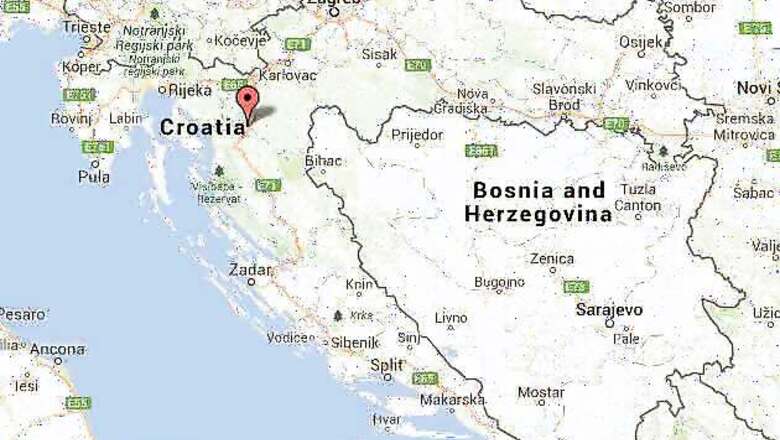
views
Zagreb: Two decades since fighting itself free of Yugoslavia, Croatia becomes the 28th member of the European Union at midnight on Sunday against a backdrop of economic woes in the Adriatic republic and the bloc it is joining. The country of 4.4 million people becomes only the second of the seven states carved from federal Yugoslavia to enter the EU, following Slovenia in 2004.
It represents a milestone in Croatia's recovery from a 1991-95 war to secure independence in which some 20,000 people died. The country's Adriatic coastline has since become a magnet for some 10 million tourists every year, but a biting recession now in its fifth year has taken the shine off Sunday's celebration.
"We tend to underestimate this achievement," former foreign minister Kolinda Grabar Kitarovic told Croatian Nova TV. "Let's not forget that, unlike many other countries, we had to fight for our very survival and international recognition only 20 years ago."
Croatia's accession marks the first expansion of the EU eastwards since 2007, when Romania and Bulgaria joined, and the "Big Bang" enlargement of 2004 when 10 new members came aboard. The global economic crisis has since strained EU solidarity, undermining popular support for the union and fuelling doubts over the wisdom of further expansion to the troubled states of the Western Balkans.
In Zagreb, security was tight for the arrival of some 170 foreign officials, including 15 heads of state, 13 prime ministers and the presidents of the European Commission and European Council, Jose Manuel Barroso and Herman Van Rompuy. The main festivities kick off at 11 PM. (2100 GMT).
Serbian President Tomislav Nikolic, once a fierce advocate of the "Greater Serbia" ideology that helped fuel the wars in Croatia and neighboring Bosnia, was also present, underscoring the change the region has undergone since the 1990s. The ex-Yugoslav republics of Serbia, Bosnia, Macedonia, Montenegro and Kosovo are still years away from EU accession.
DEBT CRISIS, UNEMPLOYMENT
Revelers began pouring into Zagreb's central Ban Jelacic square, where EU flags flew from a stage. Croatians voted in favor of joining the EU in a 2012 referendum, but the bloc's crippling debt crisis and rising youth unemployment have many questioning the wisdom of accession.
"The EU may bring some good for the younger generations eventually," said a Zagreb car mechanic who gave his name as Sinisa. "But I'm 50, I've worked in the EU and seen how difficult it can be and it holds no interest for me."
To join, Croatia has gone through seven years of tortuous and often unpopular EU-guided reform. It has handed over more than a dozen Croatian and Bosnian Croat military and political leaders charged with war crimes to the UN tribunal for the former Yugoslavia.
It has sold shipyards, steeped in history and tradition but deep in debt, and launched a fight against corruption that saw former prime minister Ivo Sanader jailed. The occasion took a knock when German Chancellor Angela Merkel, the bloc's most powerful leader, pulled out of the accession ceremony, saying she was too busy.
Croatian media linked the move to a row over a former Croatian secret service operative wanted in Germany, though a spokesman for Merkel denied this. Instead, Merkel urged Croatia to press on with reforms.
"There are many more steps to take, especially in the area of legal security and fighting corruption," she said in a weekly podcast. For some Croatians the merits of accession were undeniable, despite the lukewarm mood.
"I know many people in Croatia are very skeptical but I think EU entry is the best thing that could have happened and it's an injustice we should have waited since 1990," said Zeljko Kastelan, a hotelier. "What we need to do now is work hard to make up for the lost time."










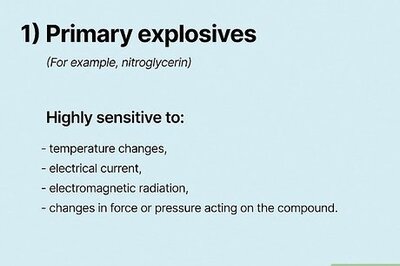
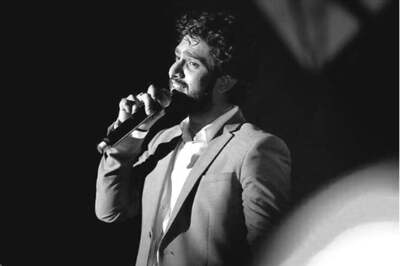

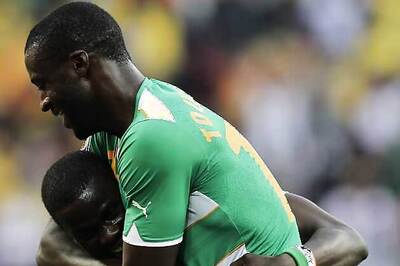

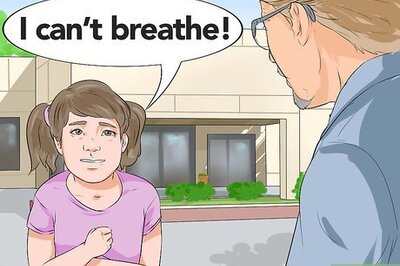


Comments
0 comment